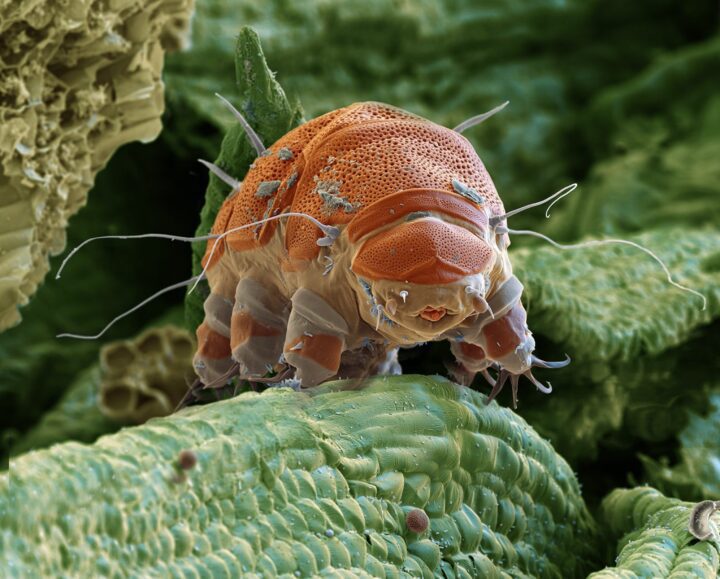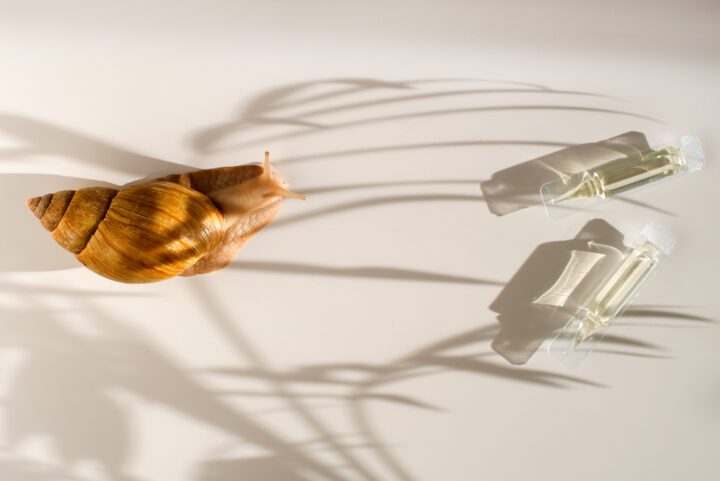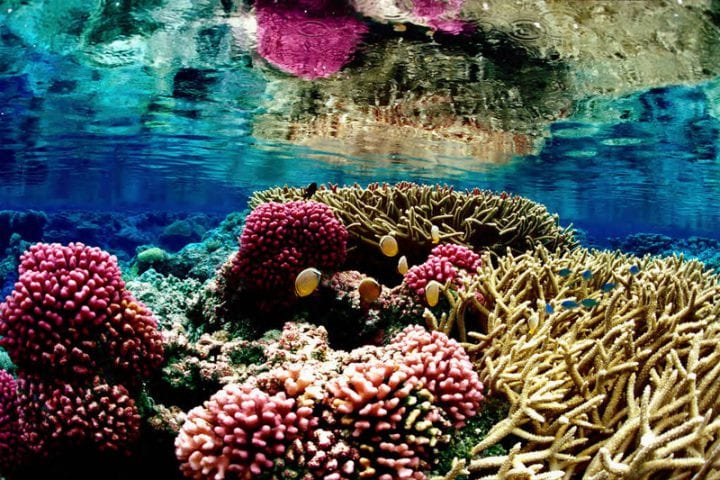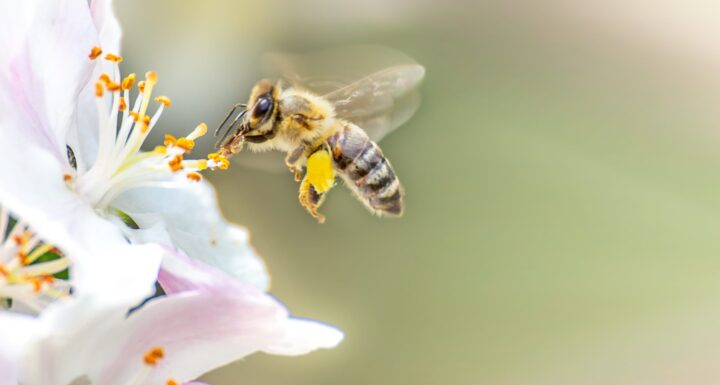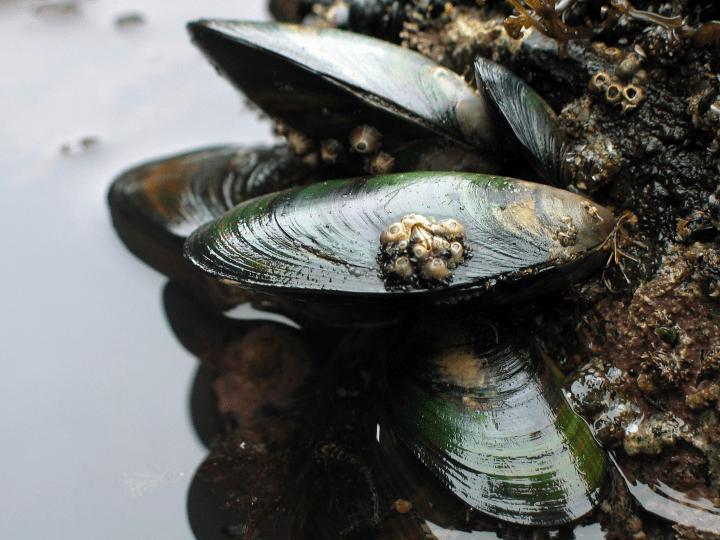Ivu Biologics’ seed coating technology binds growth-promoting microbes to seeds, reducing the need for conventional fertilizers and pesticides.
Benefits
- Increases crop yields
- Restores soil health
- Biodegradable
- Reduces need for conventional fertilizers and pesticides
Applications
- Agriculture
UN Sustainable Development Goals Addressed
-
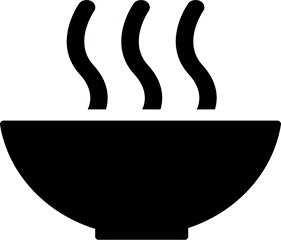
Goal 2: Zero Hunger
-
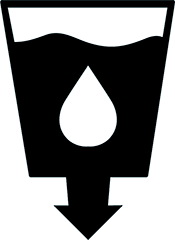
Goal 6: Clean Water & Sanitation
The Challenge
Producing fertilizers and pesticides for the agriculture industry has a giant carbon footprint, and runoff from treated crops pollutes the environment. In addition, intensive conventional farming with chemicals destroys the ecosystems within the soil, depleting farmland of naturally occurring nutrients.. “Biofertilizers”, or fertilizers that use living soil microbes to help plants grow, are an alternative to chemical fertilizers, but some of the most useful microbes dry out and die in their packaging, before they even reach the field.
Biological Model
Tardigrades, also known as water bears, are microscopic animals that can survive the most extreme conditions: you can freeze them, boil them, expose them to the vacuum of space, and put them under pressure six times greater than that at the bottom of Mariana Trench, and they’ll survive. They can also survive decades without water. For most living beings, dehydration causes cell walls to collapse, cell contents to crystallize, and the organism to die—but not the hardy tardigrade. Scientists have discovered that they make unique “disordered s” that form a kind of scaffolding around their cells to prevent them from collapsing as water evaporates. They also found that tardigrades produce low levels of trehalose, a kind of sugar that’s believed to prevent the insides of their cells (and the cells of some other organisms) from crystalizing. Similarly, silk produced by silkworms contains a protein known to have disordered regions, which not only protect against desiccation but have the added benefit of being sticky.
Innovation Details
Ivu Biologics has developed a new biomaterial that coats seeds with biofertilizer that’s released into the soil when planted. It increases crop yields by up to 50 percent, and allows crops to be grown in degraded soil, an increasingly common problem that has made many once-productive fields useless. The material uses a type of bacteria that produces a nitrogen fertilizer and is naturally found in healthy soil. When taken out of soil, however, it typically dries out and dies, so it has not been able to be used as a large-scale fertilizer that sits on a shelf until it’s needed. Ivu Biologics has solved that problem with a new three-part seed coating: proteins inspired by silk, which keep the walls of cells from collapsing as water leaves them; trehalose, a sugar believed to help prevent crystallization of cells’ insides as they dehydrate, and the beneficial bacteria that help plants grow. The coating is compatible with other biological and chemical seed coatings used in commercial agriculture, and it can also be applied as a spray to leaves.
Video: Tardigrades & Silk Worms: Nature's Secret to Smarter Seed Coatings

The Human Factor
Growing up in a family of farmers in Zimbabwe, Ivu Biologics founder and CEO Augustine Zvinavashe often spent time working on his grandmother’s farm, which he credits for his drive to study agriculture—in particular, to develop sustainable methods of growing food while simultaneously increasing crop yields. He also credits his entrepreneurial spirit to his childhood. “Farming incorporates a lot of skills: you learn hard work, people management, how to count, and money management,” he told Slice of MIT.
While working on his Ph.D. at MIT under Professor Benedetto Marelli, whose recent research had focused on using silk protein coatings to extend the shelf life of seeds, the team decided to try to incorporate a biofertilizer into the coating. They first focused on rhizobacteria, which, like chemical fertilizers, fix nitrogen. The challenge was keeping the delicate rhizobacteria from drying out until the seeds could be planted. Zvinavashe was at his desk brainstorming how to do this when he realized that some organisms—including tardigrades—survive desiccation with the help of the sugar trehalose. He talked it through with Marelli, and they added it to the formulation. It worked, setting Zvinavashe on a quest to advance the biofertilizer industry and build out the ability to deliver all kinds of beneficial microbes to agricultural soil through biodegradable seed coatings.
Related Content
Ray of Hope Accelerator
The Ray of Hope Accelerator supports an annual cohort of ten high-impact nature-inspired startups representing various sectors and regions addressing the world’s biggest environmental and sustainability challenges. The accelerator builds upon years of experience as the Ray of Hope Prize. Created in honor of Ray C. Anderson, founder of Interface, Inc. and a business and sustainability leader, the $100,000 Ray of Hope Prize (2020-2023) shone a light on the innovative, nature-inspired solutions that we need to build a sustainable and resilient world. Ivu Biologics was selected as a finalist for the 2023 Ray of Hope Prize.

